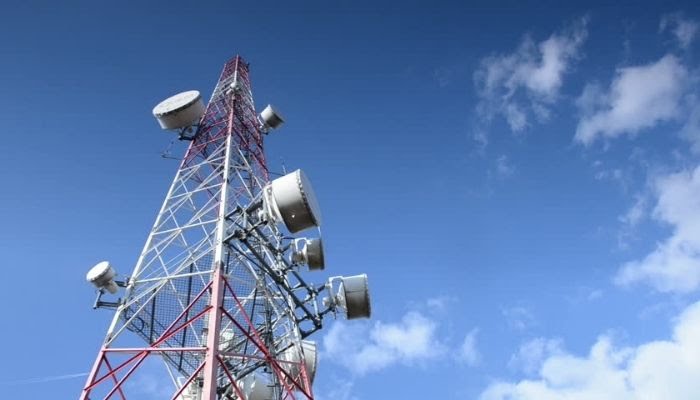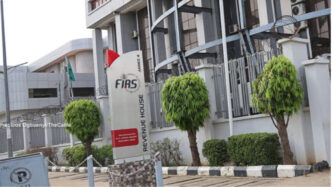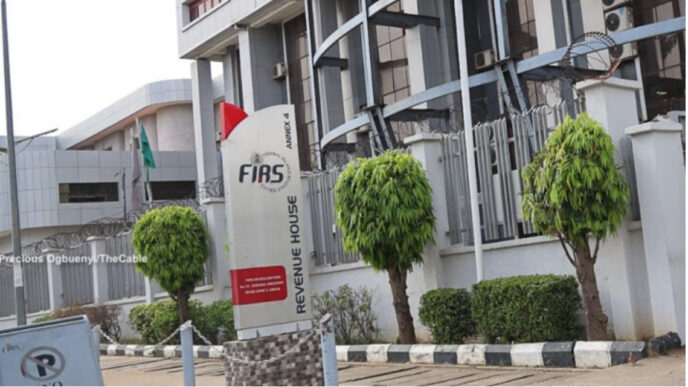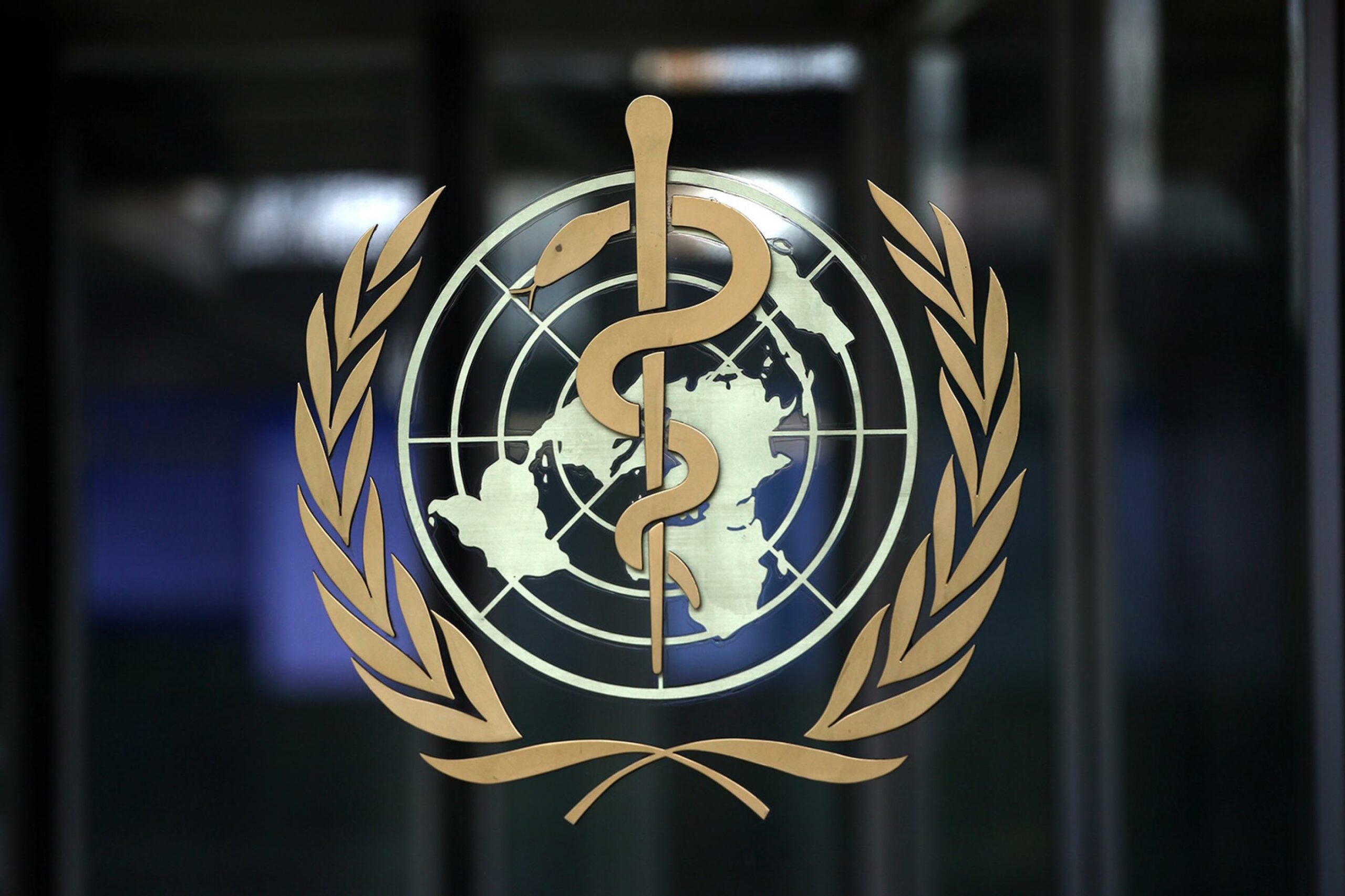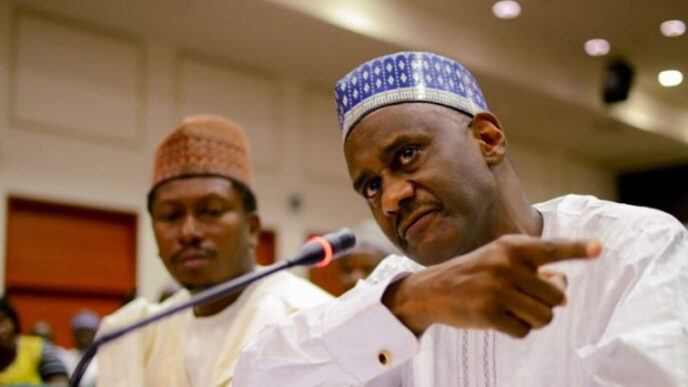Global System for Mobile Communications Association (GSMA), a global advocate for telecommunications policy reforms has said the recent increase in telecommunications tariff in Nigeria will generate N1.6 trillion in tax revenue.
Gatekeepers News reports that the Nigerian Communications Commission (NCC) on January 20, approved telecommunications companies to implement a 50 per cent tariff increase.
GSMA in a statement on Wednesday, said the development is a major step forward for consumers and the economy.
It added that the tariff adjustment reflects a successful partnership between Nigerian government, industry stakeholders, and GSMA, demonstrating how collaborative policy reforms can drive economic development and digital inclusion.
Angela Wamola, head of Sub-Saharan Africa at GSMA, said NCC’s decision is a milestone for Nigeria’s digital future.
She noted that to maximise the impact of the reform, it is essential to take further steps, including streamlining right-of-way permits, establishing a critical national infrastructure plan, and reducing the tax burden on the mobile sector.
The GSMA official said, “These steps will be essential to accelerate digital adoption across sectors. It is estimated that increased digitalisation in agriculture, manufacturing, transport, trade and government will increase GDP by around two percentage points by 2028.”
“This would also create nearly 2 million jobs and raise an additional NGN1.6 trillion in tax revenue.”
GSMA said the decision is expected to unlock over $150 million in additional investment, expand fourth-generation (4G) network coverage to 94 percent of the population, and provide mobile internet access to an estimated nine million more people, including two million in underserved areas.
It said the tariff increase will allow mobile operators to enhance and expand their networks, helping to close the digital gap and drive innovation in key sectors such as healthcare, education, and agriculture.
The association said, “Improved network coverage will enable transformative access to digital services, including online education, telemedicine, e-commerce, and mobile financial tools.”
GSMA added that the investment will drive the adoption of emerging technologies such as artificial intelligence (AI) and the Internet of Things (IoT), advancing innovation in areas like precision agriculture, connected transportation, and smart healthcare.
It noted that embracing the technologies will help Nigeria position itself as a leader in Africa’s digital economy.


